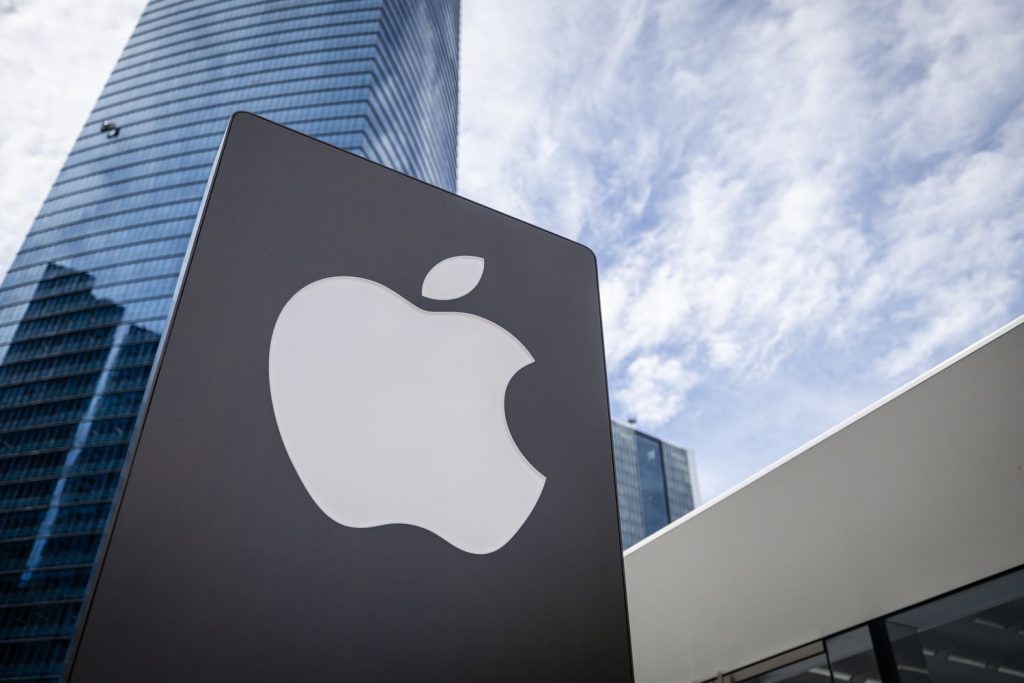Apple Intelligence Tops WWDC24 Kickoff Event
 “Apple Intelligence,” the company’s answer to the similar solutions of Google Gemini and Microsoft Copilot, is not that original but excels in integration and privacy.
“Apple Intelligence,” the company’s answer to the similar solutions of Google Gemini and Microsoft Copilot, is not that original but excels in integration and privacy.
The technology, announced in a prerecorded presentation at Apple’s annual World Wide Developers Conference, uses customer‘s personal information to a large extent to perform its artificial intelligence functions and does the most of this work on devices where data is stored to ensure privacy.
Apple Vice President of Software Engineering Craig Federighi said in the presentation that there are already some really impressive chat tools out there that perform a vast array of tasks using world knowledge, but these tools know very little about a person or his or her needs. With iOS 18, iPadOS 18, and macOS Sequoia, the company is embarking on a new journey to bring customers intelligence that understands them.
He noted that Apple Intelligence can be used to understand and create language, as well as images, and take action to simplify interactions across devices and apps. It can do things like prioritize notifications and provide writing tools to rewrite, summarize, and proofread text.
Mark N. Vena, president and principal analyst at SmartTech Research in Las Vegas, added that Apple’s vision of Apple Intelligence is based on personalized experience, customizable, it has meaningful applications and a privacy component in it.
The cornerstone of Apple’s personal intelligence system is on-device processing, which allows Apple Intelligence to be aware of personal data without collecting it.
Not all processing can be performed locally, however. Some tasks may need to be performed in the cloud. For those tasks, Apple has created “Private Cloud Compute,” which allows Apple devices to connect to specialized servers running on Apple silicon for enhanced processing.
These Apple silicon servers offer the privacy and security of your iPhone from the silicon on up, draw on the security properties of the Swift programming language, and run software with transparency built in.
When a user makes a request, Apple Intelligence analyzes whether it can be processed on device. If it needs greater computational capacity, it can draw on Private Cloud Compute and send only the data that’s relevant to your task to be processed on Apple silicon servers. Data is never stored or made accessible to Apple.
Vena was impressed with Apple’s care in building the privacy foundation for Apple Intelligence during the presentation.
However, not all AI requests go to Apple servers. OpenAI’s ChatGPT is also in the mix. Siri might determine that a query might be best answered by ChatGPT rather than personal sources. In that case, Siri would ask permission to send the query to the OpenAI chatbot.
Eric Abbruzzese, a research director at ABI Research noted that Apple has approached AI as it has approached other products. They’re never first to market. They try to be the best.


Latest News